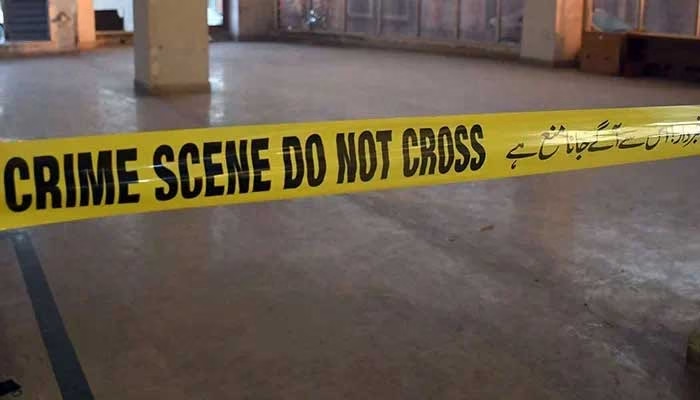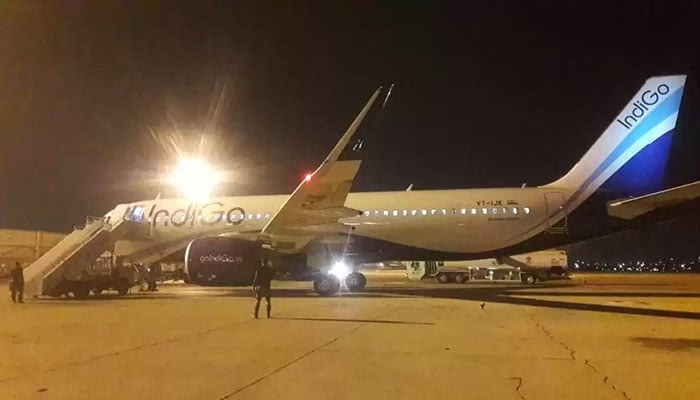In a deeply disturbing incident that has shaken the community of Khwazakhela in Swat, a 14-year-old boy tragically lost his life earlier this month due to alleged torture at an unregistered madrassa. The heartbreaking case has drawn national attention and sparked widespread outrage over the issue of unregulated religious institutions and child abuse within them.
Court Grants Police Remand for Accused
On Tuesday, the main suspect, Muhammad Umar, along with his son Ihsan, was presented in court in connection with the murder of the teenage boy. The court ordered a three-day police remand for both accused to allow for further investigation into the shocking incident.
The remand is part of a larger probe into the circumstances surrounding the student’s death, and authorities are actively pursuing additional suspects connected to the crime.
Authorities Seal Unregistered Madrassa
Earlier the same day, law enforcement officials shut down the seminary where the boy was reportedly tortured. According to District Police Officer (DPO) Mohammad Umar, the madrassa in question was operating without official registration and was not recognized by any regulatory religious education board.
The decision to seal the madrassa came after disturbing reports confirmed the facility had a history of physical abuse, with students regularly subjected to violence and inhumane treatment.
The Incident: A Life Lost Too Soon
The tragic sequence of events began when the 14-year-old was allegedly beaten by his teachers at the madrassa. Witnesses, including fellow students and staff members, reportedly rushed him to a nearby hospital after realizing the severity of his condition. Unfortunately, the boy was declared dead on arrival by medical staff.
An initial medical examination supported claims of physical trauma, prompting police to immediately open a criminal investigation.
A Pattern of Abuse
Preliminary inquiries and eyewitness testimonies have revealed that this was not an isolated incident. Multiple students have come forward alleging consistent mistreatment at the hands of the seminary staff. According to reports, beatings and psychological abuse were common, raising serious questions about the madrassa’s internal oversight and accountability.
FIR Registered and Arrests Made
A First Information Report (FIR) was registered against four individuals directly linked to the case, including Muhammad Umar and his son Ihsan. DPO Mohammad Umar confirmed that two of the four named suspects have been arrested, while an additional nine individuals have been taken into custody for further questioning.
Police have assured the public that no stone will be left unturned in ensuring that all those involved, whether directly or indirectly, are brought to justice.
Public and Legal Response
The case has drawn strong reactions from child rights organizations, legal experts, and the general public. Social media platforms have been flooded with demands for a comprehensive crackdown on unregulated and unregistered religious institutions, which often operate without basic safety, oversight, or accountability.
Human rights activists have also urged the government to implement stricter regulations and monitoring systems to protect children enrolled in religious schools, especially in remote and underdeveloped regions like Swat.
Next Steps in the Investigation
Police officials are continuing their investigation and are expected to submit a preliminary report within the coming days. The report will include forensic details, testimonies from witnesses, and records from the seminary. The results will play a crucial role in shaping the prosecution’s case against the accused.
Meanwhile, the community in Khwazakhela remains in mourning, grappling with the loss of a young life that could have been spared had proper oversight been in place.
A Wake-Up Call for Reform
This heartbreaking case serves as a critical wake-up call for authorities at all levels of government. The need for systematic reforms, better regulation, and child protection policies within religious institutions has never been more urgent. As the investigation unfolds, the hope remains that justice will be served — not just for the 14-year-old victim, but also to prevent such tragedies in the future.



